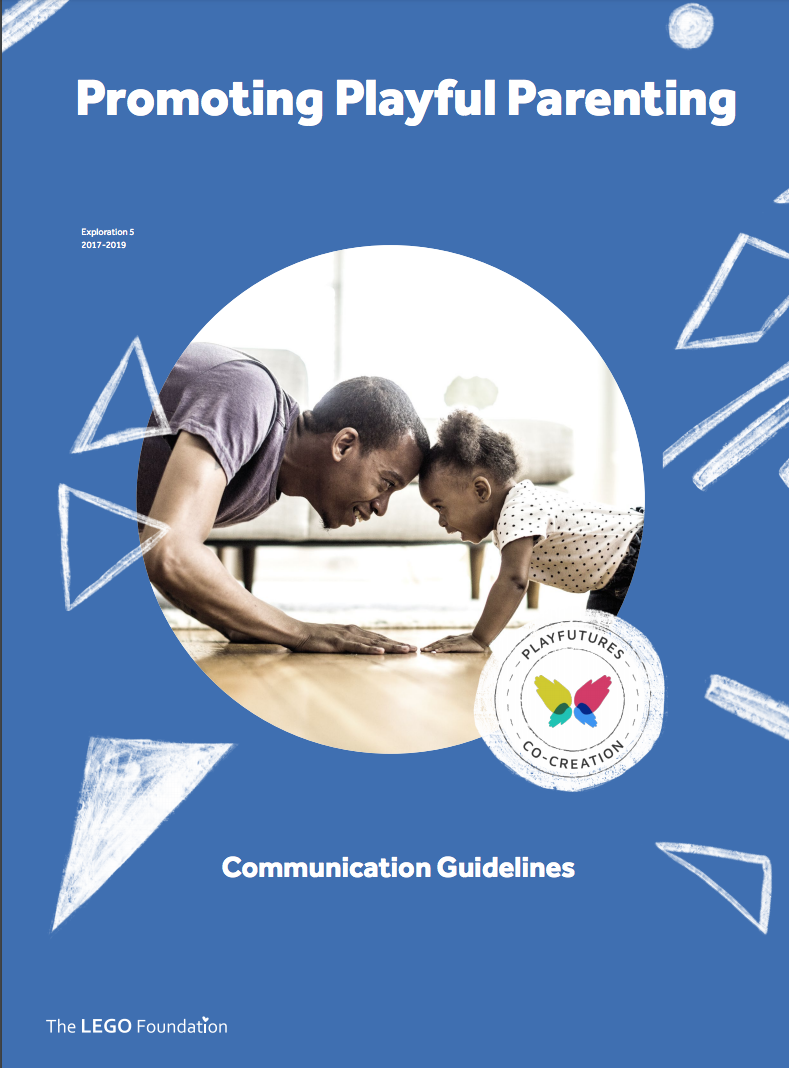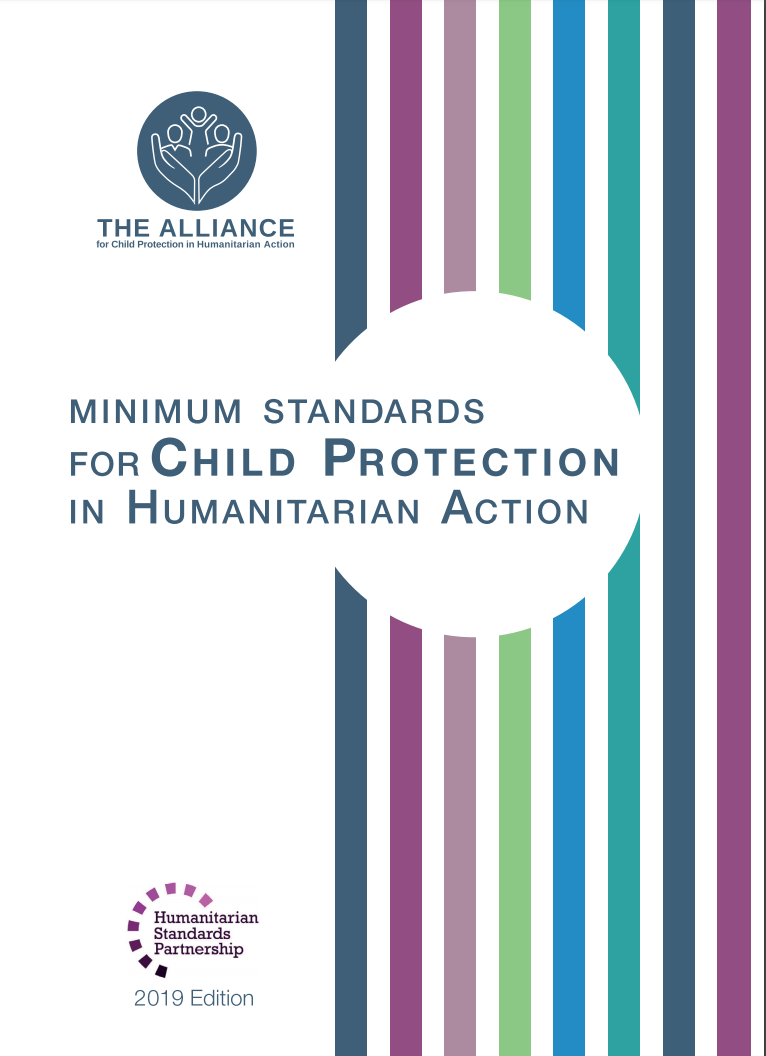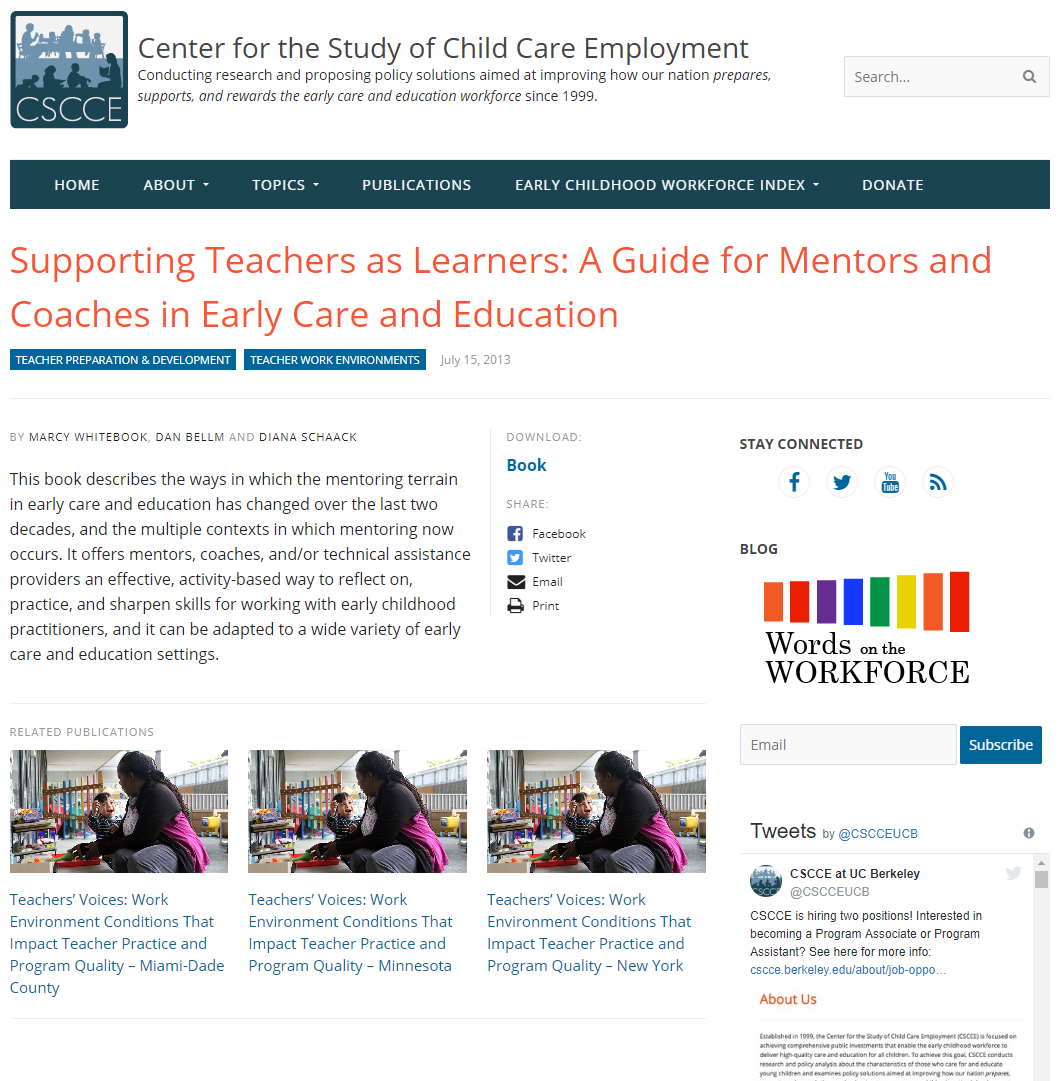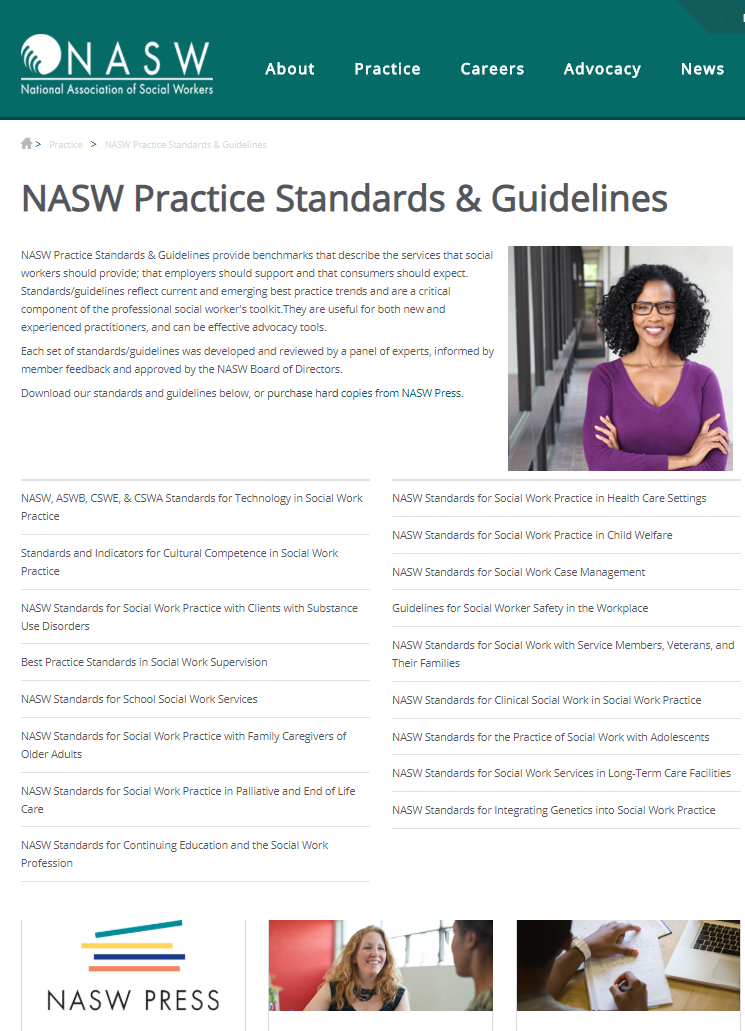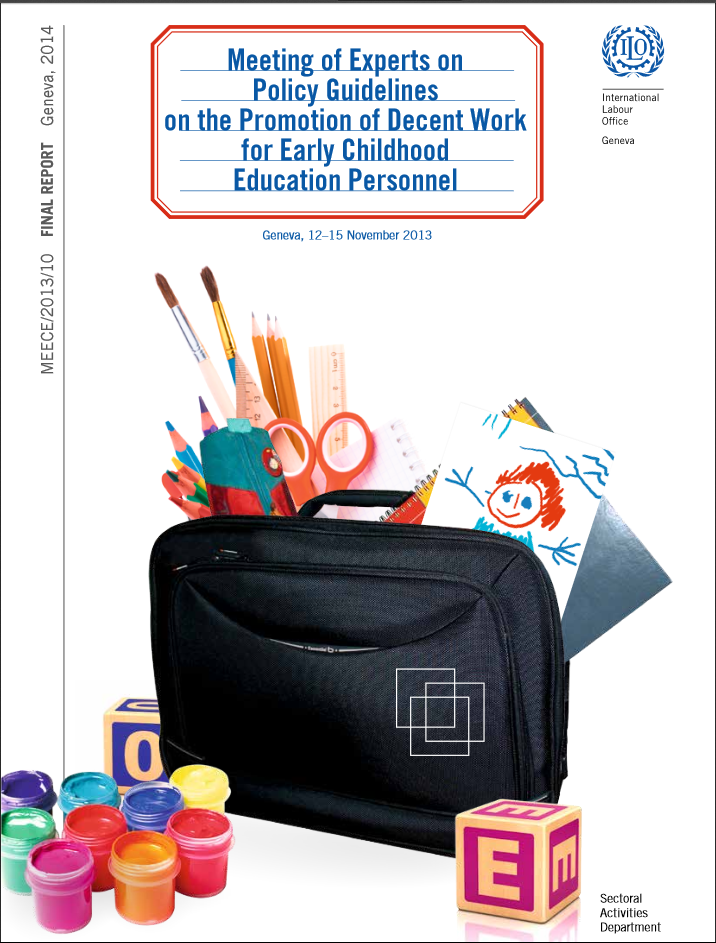Remote Learning and COVID-19
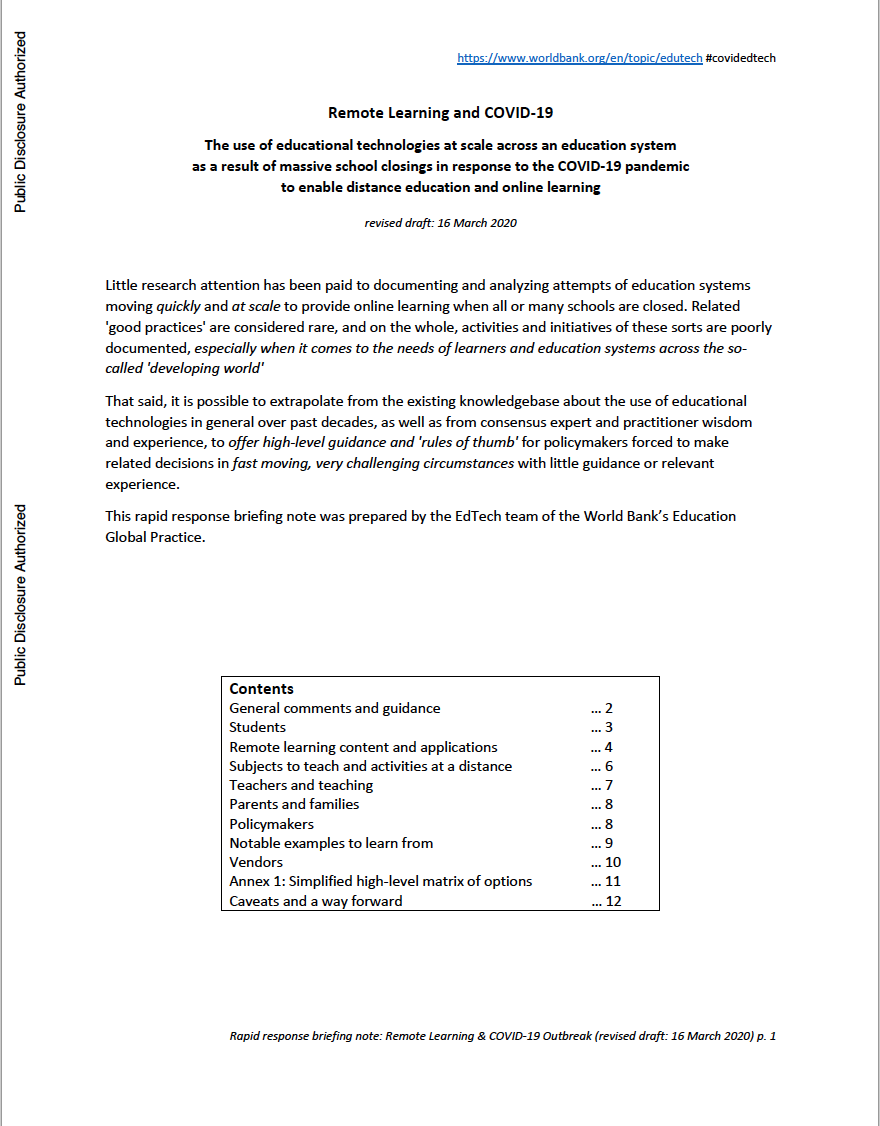
Little research attention has been paid to documenting and analyzing attempts of education systems moving quickly and at scale to provide online learning when all or many schools are closed. Related 'good practices' are considered rare, and on the whole, activities and initiatives of these sorts are poorly documented, especially when it comes to the needs of learners and education systems across the so called 'developing world'.
This brief extrapolates from the existing knowledge base about the use of educational technologies in general over past decades, as well as from consensus expert and practitioner wisdom and experience, to offer high-level guidance and 'rules of thumb' for policymakers forced to make related decisions in fast moving, very challenging circumstances with little guidance or relevant experience.
Authors: Year of Publication:2020



